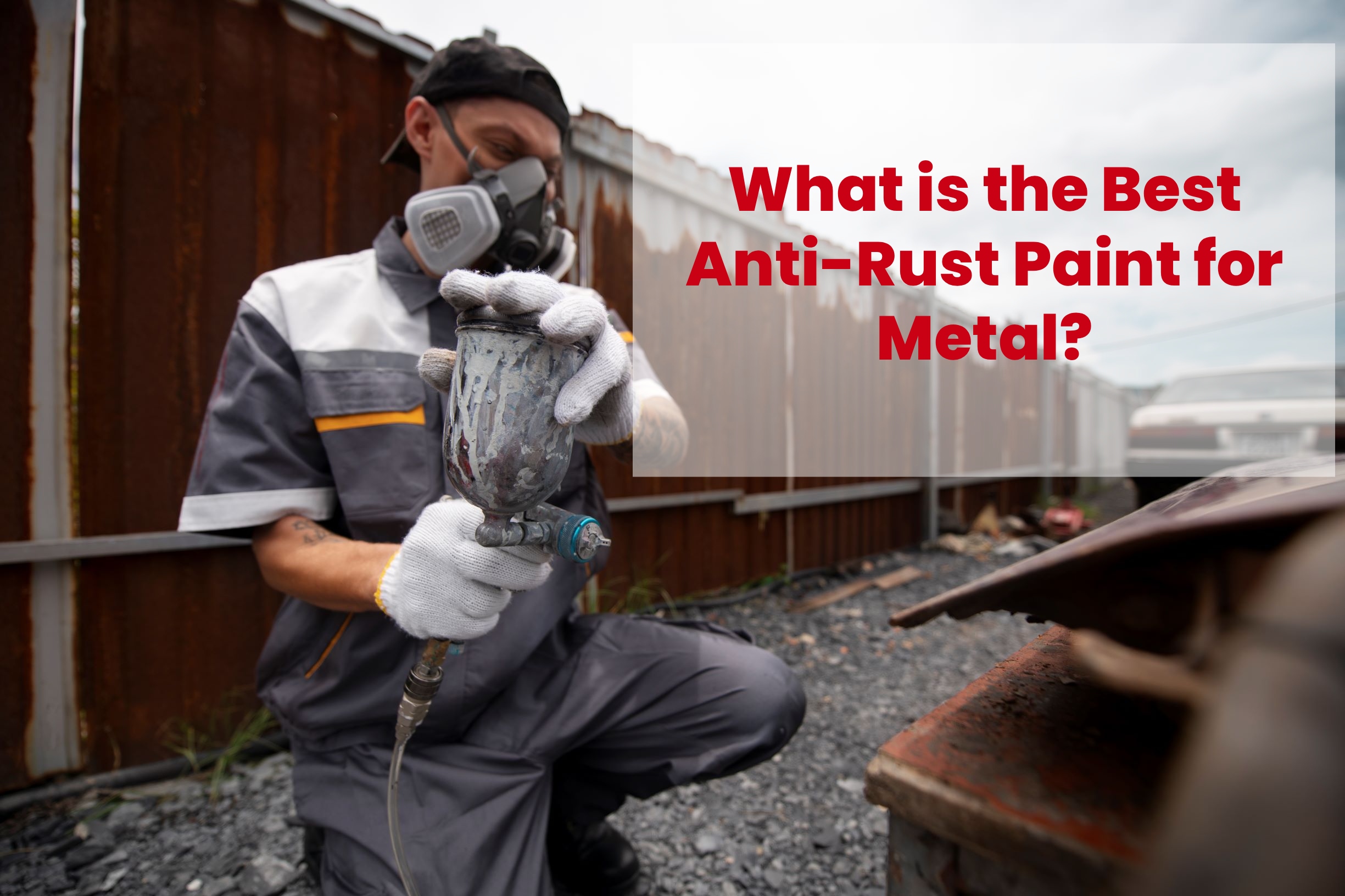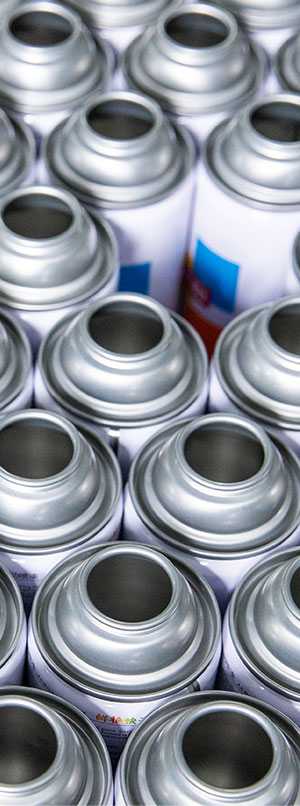Choosing the best anti-rust paint for metal is crucial for protecting your valuable assets from the destructive effects of corrosion. The right paint not only provides a protective barrier but also enhances the appearance and longevity of the metal surface.

Types of Anti-Rust Paint for Metal
Anti-rust paints, also known as rust-preventative or anti-corrosion paints, are formulated with specific properties to fight rust. They typically work in one of three ways: providing a physical barrier, using a sacrificial coating, or converting rust into a stable compound.
1. Barrier Coatings
These paints, like epoxy and polyurethane, create a durable, non-porous seal over the metal surface, preventing moisture and oxygen from reaching it.
Epoxy coatings are known for their exceptional hardness, chemical resistance, and strong adhesion, making them ideal for industrial equipment, pipes, and machinery. Their rigidity means they’re best for surfaces that don’t flex or move much.
Polyurethane coatings are more flexible and offer superior UV resistance, making them perfect for outdoor applications such as railings, gates, and metal furniture that are constantly exposed to sunlight and weather.
2. Sacrificial Coatings
These coatings, most commonly zinc-rich primers, contain a high concentration of zinc. The zinc corrodes in place of the underlying metal, providing what’s known as cathodic protection. Even if the paint layer is scratched, the zinc continues to protect the metal. This makes them an excellent choice for a base layer on steel surfaces, especially in harsh or marine environments.
3. Rust Converters
These are primers that react chemically with the iron oxide (rust) on the metal surface, transforming it into a black, stable, inert substance. They are particularly useful for areas where it’s difficult to completely remove all the existing rust. They stabilize the surface and create an ideal base for a topcoat.
How to Choose the Right Anti-Rust Paint
Selecting the right anti-rust paint involves considering several key factors to ensure long-lasting protection.
1. Surface Condition and Preparation
This is perhaps the most important step. No matter how good the paint is, it won’t perform well on a poorly prepared surface.
– New or Bare Metal: For new, rust-free metal, a zinc-rich primer followed by a durable topcoat is an excellent strategy for maximum protection. The primer provides a strong foundation and a sacrificial layer.
– Lightly Rusted Metal: If there’s only surface rust, you’ll need to clean it thoroughly with a wire brush or sandpaper to remove loose flakes. A rust-converting primer can then be applied to neutralize any remaining rust before applying the topcoat.
– Heavily Rusted Metal: For significant rust, it’s essential to remove as much as possible through sanding, wire brushing, or using a rust remover. If the rust is severe, consider if the metal is too compromised to be saved. For the parts you can salvage, a rust converter is your best friend.
2. Environment and Application
The environment where the metal object is located plays a huge role in paint selection.
– Outdoor/High-Moisture Environments: For items like gates, outdoor furniture, or anything near the coast, you’ll need a paint with strong UV and weather resistance. Polyurethane-based paints are a great choice here.
– Industrial Settings: For machinery or factory equipment exposed to chemicals or high abrasion, epoxy coatings provide the necessary durability and chemical resistance.
– Application Method: Consider how you’ll apply the paint. Spray paints are great for intricate or small projects, providing a smooth finish. Brush-on paints are better for larger areas and offer thicker, more durable coats.
3. Other Considerations
Always check the product label for specific details. Look for paints that are direct-to-metal (DTM), as they often contain a primer and topcoat in one, simplifying the process. Also, consider the drying time, required number of coats, and the Volatile Organic Compounds (VOCs). Low-VOC or water-based formulas are a safer, more eco-friendly option.
SANVO Offers the Best Anti-Rust Paint for Metal
As a trusted expert in chemical coatings, SANVO is dedicated to providing high-performance anti-rust paint solutions tailored to diverse industrial and commercial needs. Our range of anti-corrosion coatings includes epoxy, polyurethane, zinc-rich primers, and specialty blends designed for longevity and superior protection.
At SANVO, we invest heavily in research and innovation to ensure our products meet international standards while delivering excellent adhesion, durability, and environmental resistance. We work closely with customers to identify the ideal coating system based on their specific conditions and requirements.
With decades of experience and a commitment to quality, SANVO’s anti-rust paints offer reliable protection whether you need to safeguard heavy machinery, construction materials, automotive parts, or decorative metal fixtures.
Conclusion
Choosing the right anti-rust paint is essential for safeguarding the equipment. By understanding the different types—barrier, sacrificial, and rust-converting coatings—and considering factors like the metal’s condition and environment, you can make an informed decision.
For a wide range of high-performance anti-rust paints, including our advanced water-based and galvanized formulas, trust SANVO. Our products are engineered for superior protection and durability. Contact us today to find the perfect anti-corrosion solution for your project.

